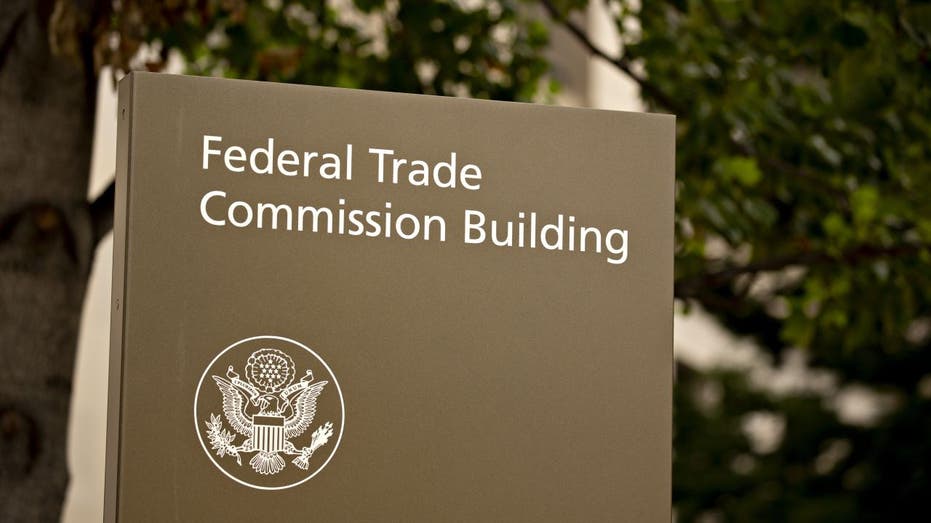The Federal Trade Commission (FTC) on Tuesday announced that it launched a probe of eight companies that offer “surveillance pricing” tools that use artificial intelligence (AI) and other technology to analyze consumer data to help set price targets for products and services.
Companies that were ordered by the FTC to provide information for the regulator’s study of surveillance pricing include Mastercard, JPMorgan Chase, McKinsey & Co., Accenture, Pros Holdings Inc., Revionics, Bloomreach and Task Software.
The agency said the companies advertise the use of AI or other technology along with historical and real-time customer information to target prices for individual consumers.
The FTC’s probe aims to improve the agency’s understanding of “products by third-party intermediaries that claim to use advanced algorithms, artificial intelligence and other technologies, along with personal information about consumers – such as their location, demographics, credit history, and browsing or shopping history – to categorize individuals and set a targeted price for a product or service.”
POLITICS INCREASINGLY DRIVING CONSUMERS’ BUYING DECISIONS, STUDY SHOWS
“Firms that harvest Americans’ personal data can put people’s privacy at risk. Now firms could be exploiting this vast trove of personal information to charge people higher prices,” FTC Chair Lina Khan said in a statement.
“Americans deserve to know whether businesses are using detailed consumer data to deploy surveillance pricing, and the FTC’s inquiry will shed light on this shadowy ecosystem of pricing middlemen,” Khan added.
| Ticker | Security | Last | Change | Change % |
|---|---|---|---|---|
| JPM | JPMORGAN CHASE & CO. | 210.28 | +0.50 | +0.24% |
| MA | MASTERCARD INC. | 447.94 | +4.25 | +0.96% |
| ACN | ACCENTURE PLC | 331.51 | +2.32 | +0.70% |
| PRO | PROS HOLDINGS INC | 23.96 | +0.37 | +1.57% |
WHAT IS ARTIFICIAL INTELLIGENCE (AI)?
The FTC’s study of surveillance pricing uses the agency’s so-called 6(b) authority to request information from companies for wide-ranging studies that aren’t serving a specific law enforcement purpose.
It requested information about the types of products and services being offered, data collection sources and methods, customer and sales information, as well as information about the potential impact of surveillance pricing products and services on surveilled consumers — including the prices they pay.

FTC commissioners voted 5-0 to authorize the study, although its two Republican-appointed commissioners disagreed with the term “surveillance pricing” and instead called it “personalized pricing.”
Findings from the FTC’s study could be used to inform future regulatory action by the agency and other regulators, such as the Consumer Financial Protection Bureau (CFPB), regarding the use of consumer data.
Reuters contributed to this report.
Read the full article here











